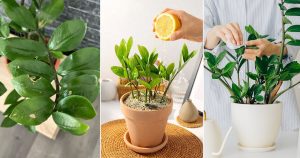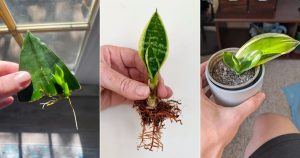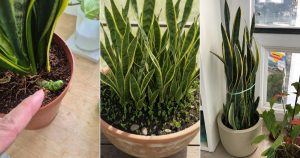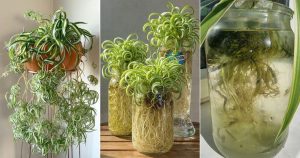Do Rats Eat Succulents? Find out if your outdoor succulents are rat-proof or if you need to be more careful!
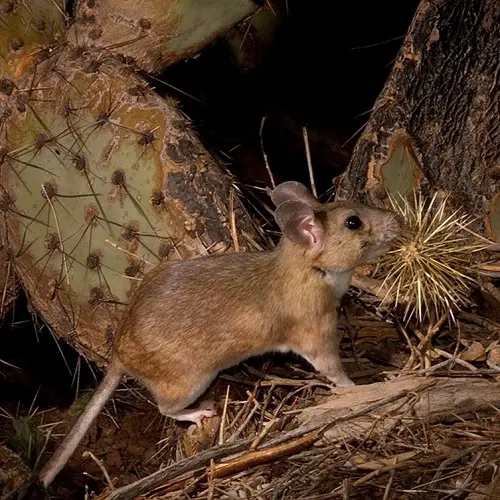
Growing plants is great for your health, but it can be tricky to care for them, especially with pests like rats around! If you’re a succulent lover dealing with these critters and wondering Do rats eat succulents? so, this article is just what you need!
Discover Whether Deer Consume Succulents or Not
Do Rats Eat Succulents?
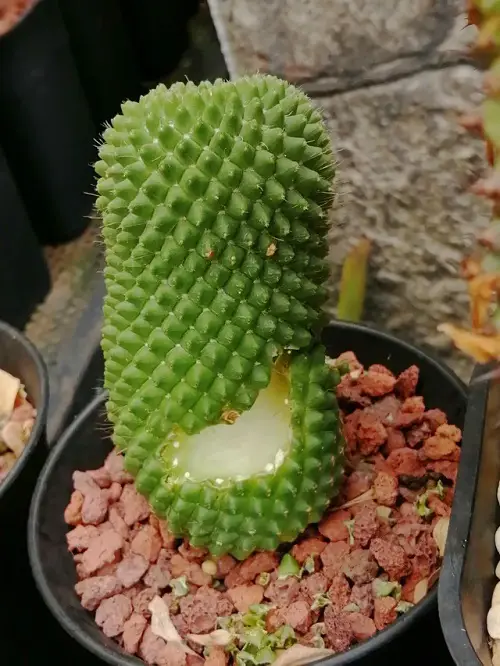
When dealing with rats and their dining preferences, it’s important to watch out for your succulents. With a few clever tricks, you can safeguard your succulents and say goodbye to those pesky pests.
Avoiding rat problems – What Attracts Rats and What Doesn’t?
Rats are creatures of the night, with a taste for seeds, nuts, grains, fruits, and veggies. Their sharp sense of smell means they’ll sniff out food in no time. To keep them from raiding your garden or home, it’s essential to tidy up any accessible food sources. That includes securing pet food and clearing out any leftovers lingering in your fridge or freezer.
Why Do Rats Eat Succulents??

Ever wondered why rats have a taste for succulents? It’s a question that arises when people start their gardening journey. Well, the answer is quite simple: Rats are adventurous eaters. They’re not fussy and will nibble on anything they come across.
Now, if you’re an avid gardener, you might notice that succulents aren’t exactly a delicacy for rats. These plants stay close to the ground and aren’t exactly top picks for rodent cuisine. However, rats aren’t picky eaters—they’ll munch on anything, bitter compounds and all.
How to Keep Rats From Eating Succulents?
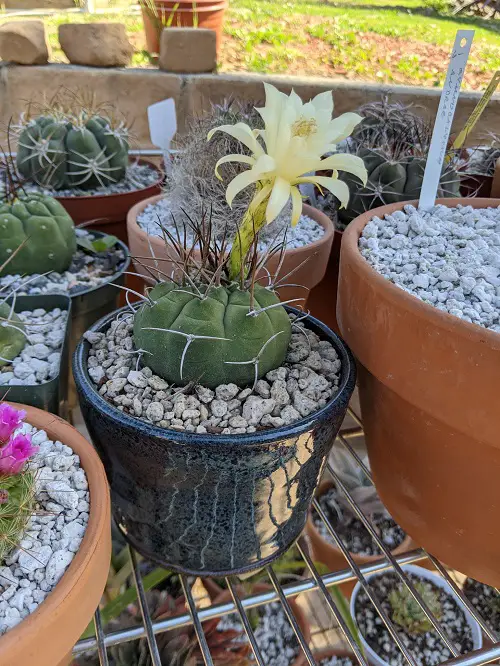
Protecting your plants from rats is crucial due to the chaos these pests can create. Rats aren’t just bothersome nibblers; they also carry diseases that pose serious health risks to humans. Moreover, their habit of chewing on wires can lead to electrical fires, putting your home at risk.
Rat infestations can quickly get out of hand, attracting other predators like snakes. Taking proactive measures is key to addressing this issue. For severe rat problems, using bait stations with poison may be necessary. Additionally, strategically placing rat traps baited with enticing treats like apple cores can help manage smaller infestations.
When dealing with trapped rats, it’s important to handle them responsibly. Releasing them back into the wild isn’t advisable, as they’re likely to return. Instead, consider humane disposal methods or seek assistance from professionals. Remember, preventing further rat populations is essential for maintaining a healthy environment for everyone.
Tips for Keeping Rats Away from Your Plants
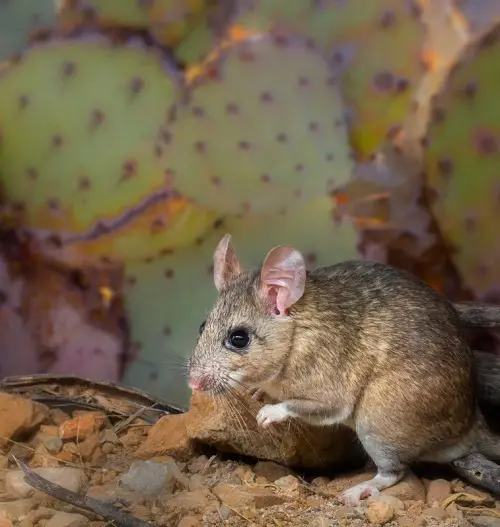
1. Keep it Clean
Rats love to hang out in messy places, so it’s important to keep your garden neat and tidy. Sweep away fallen leaves and pick up any leftover snacks lying around. Once the rats realize there’s nothing tasty to scavenge, they’ll likely move on to greener pastures.
2. Secure Your Bins
Ensure your garbage bins have tightly fitting lids. Rats are skilled at getting into food scraps, but a secure lid will thwart their efforts.
3. Trim Overgrowth
Take a look at your bushes and shrubs. Are they getting a bit unruly? Give ’em a trim! It’ll not only tidy up your garden but also remove cozy spots for rats to nest.
4. Plant Some Repellents
Consider planting herbs like mint or lavender, which rats find unappealing. These plants not only add fragrance to your garden but also serve as natural deterrents.
5. Remove Water Sources
Fix leaky faucets and remove puddles to deprive rats of water sources, encouraging them to leave your garden.
6. Store Food Properly
If you’re feeding birds or have pet food outside, make sure it’s in sealed containers. Rats have a knack for sniffing out a free meal, but sealed containers will keep them out.
7. Use Barriers
Get crafty with wire mesh or hardware cloth. Place it around your beds to stop rats from burrowing or climbing in.
8. Regular Inspections
Keep an eye out for rat burrows or droppings during regular garden inspections. If you spot any, take action pronto.
9. Set Traps
Use traps to monitor rat activity and take action to eliminate them. If you start catching rats, it’s time to consider using poison again.

